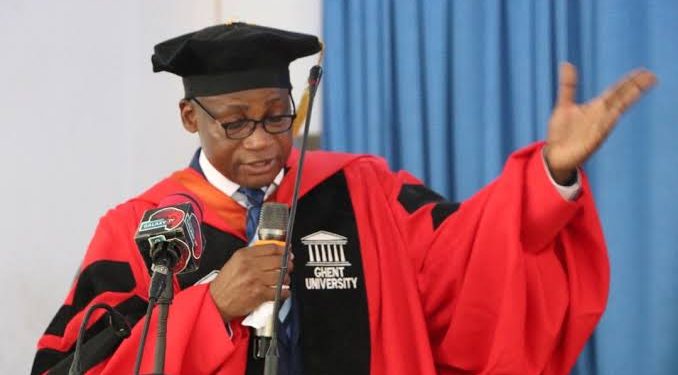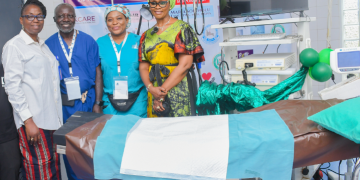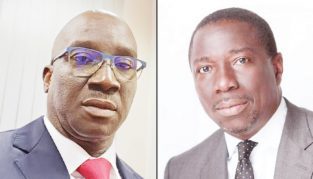Ayobami Ife, Abeokuta
A professor of law; Charles Adekoya, has made case for the establishment of Supreme Court in six geopolitical zones of the country in addition to the one in Abuja, the Federal Capital Territory(FCT) to ease workload.
Prof. Adekoya also advised federal government and other critical stakeholders to consider the possibility of scrapping the appeal court to reduce the layers of courts litigants, particularly the poor and disadvantaged persons, would have to traverse in the search for justice.
The don said this would enable cases from high courts and courts of coordinate jurisdiction to proceed straight to the Supreme Court, shorten the judicial ladder and bring the apex court closer to the people.
He cited India with a population of 1.37billion as of this year and South Africa as examples of countries without Court of Appeal to justify his suggestion on the need to do away with Nigerian Court of Appeal.
Adekoya who is the Deputy Vice Chancellor (Administration), Olabisi Onabanjo University(OOU) Ago – Iwoye, Ogun State, made the suggestions while delivering the institution’s 103rd inaugural lecture.
Speaking on his lecture titled, ‘Betrayal of the poor in accessing justice in Nigeria: The Judas in our midst,’ he noted that access to justice is a human right but lamented that due to ravaging poverty in the country and around the world, a hug justice gap exists with many people “facing serious justice problems and unmet justice needs.”
He explained that the development often drives the poor and disadvantaged ones to withdraw from the court, turn to agitations or informal mediation mechanisms for redressing injustice and rights violations.
He warned that lack of access to justice has negative implications for the rule of law, saying it creates a situation where the elites feel they are above the law while the poor and disadvantaged who suffer rights abuses, won’t be able to use the instrument of the law, unlike the elites, to protect themselves or get justice.
Citing a recent study by World Justice Project(WJP), an American based organisation, he identified those bearing the brunt of justice gap as “the vulnerable and marginalised groups.”
He also identified challenges of accessing civil justice in Nigeria as complex court procedure, costs (filing,service, legal fees, and transport cost), non – justiciability of social and economic rights, inefficient administration of justice, corruption and the chilling effects of accessing justice for the poor.
The Professor, however, cited efforts and provisions in place regarding offering legal assistance to the poor in Nigeria to include free legal aid through the court and legal aid council.
He wondered why despite these efforts and calls for improved system, the challenges of accessing justice in the country keep festering and seemed insurmountable.
He submitted that the enemy or judas lies within the judiciary, asking who the Judas should be among the critical stakeholders – the Judges, lawyers, the defendants, court officials, legal educators and the nation’s legal system.
He also said that there was the need for government at all levels and stakeholders in the justice sector to prioritise access to justice by closing the justice gap through removal of all impediments to accessing it.
He also said concrete steps must be taken to ensure easy, cheap, flexible and effective access to justice through judicial reform, reforming civil procedure and devising a more improved and effective way of enforcing court judgement.









































